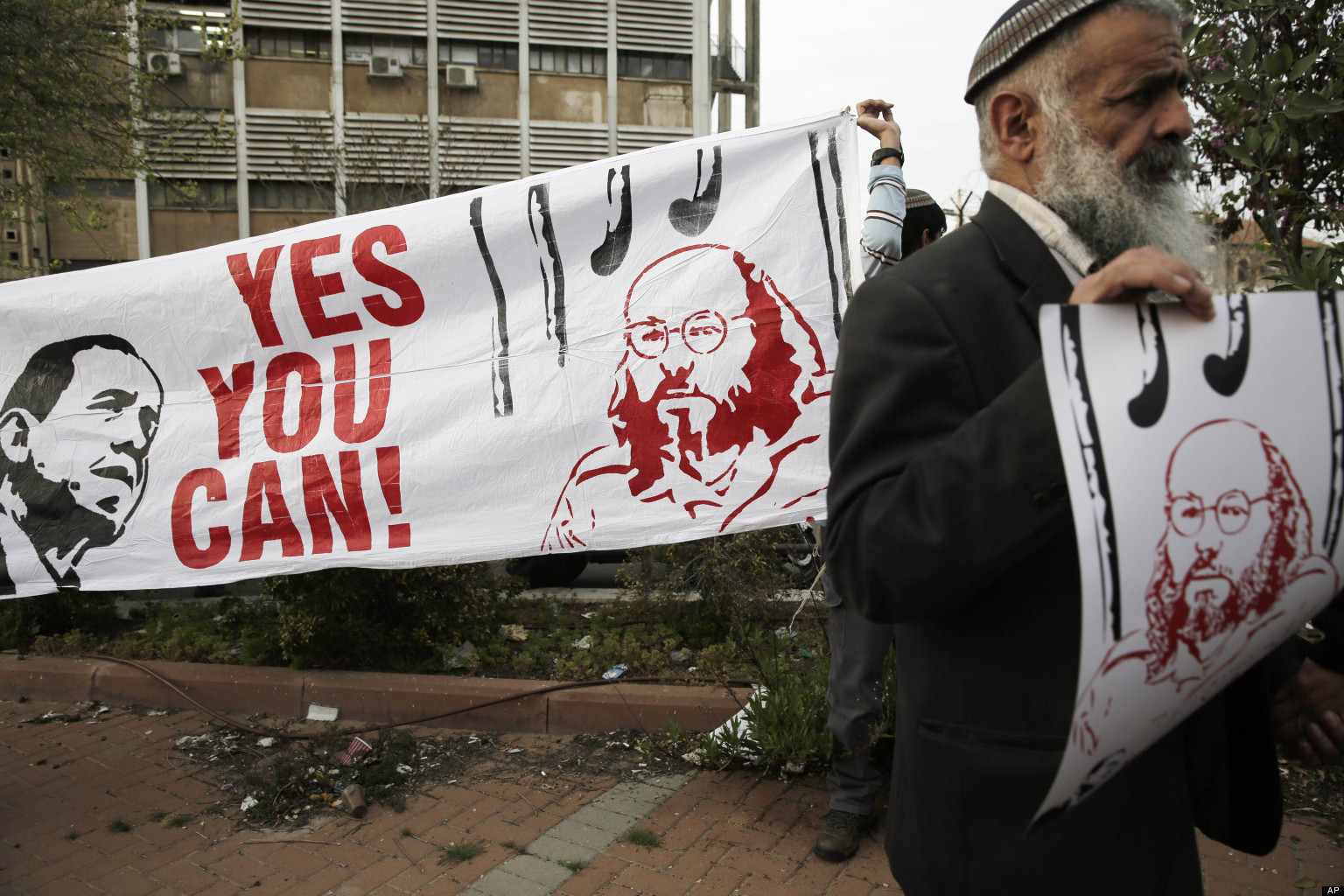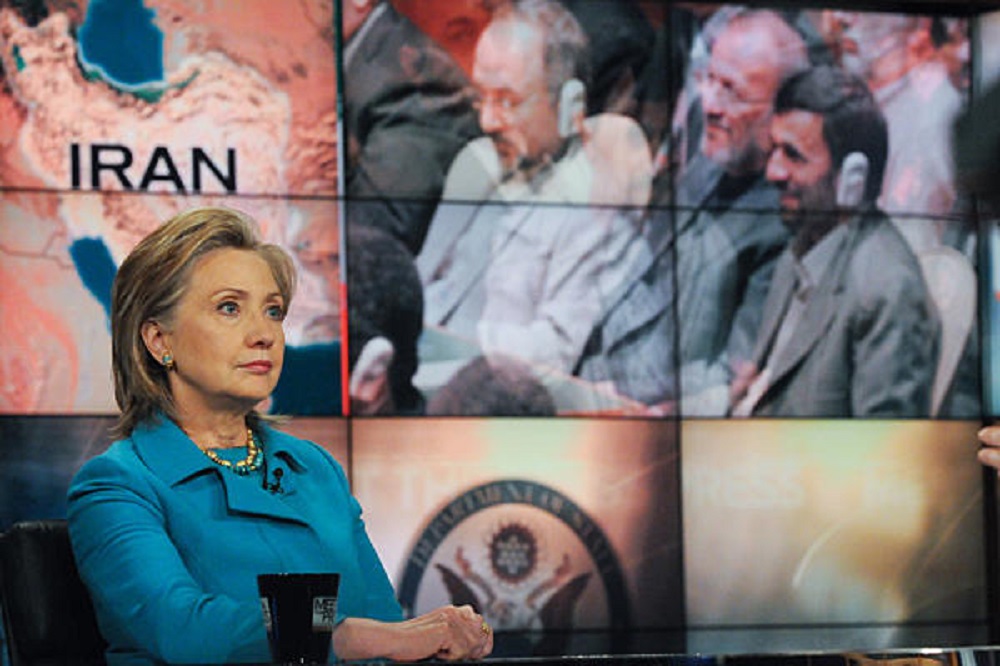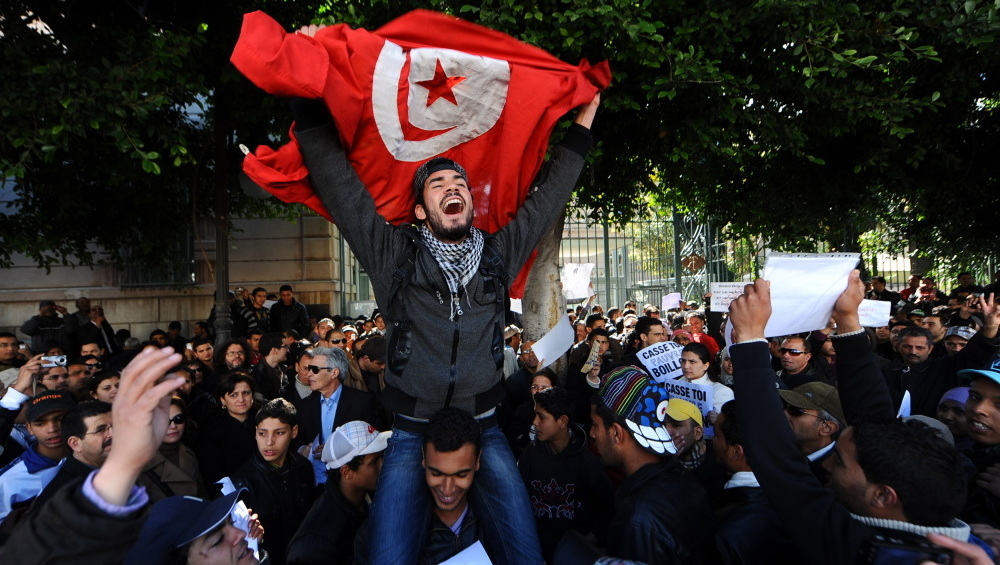Power and the Perception of Weakness
Nowhere is power (or the lack thereof) more clearly understood than in Middle Eastern culture. Coming from a Western perspective, we continually fail to recognize that concessions, territorial withdrawals, and our efforts at compromise, contrition, accommodation, dialogue and appeasement are perceived by our enemies in the Arab/Muslim world as symptomatic of our weakness and merely reinforce what they have already come to believe – that Western democracies are “paper tigers” (to use bin Laden’s term) and easy prey.
Israel should not have been surprised when, in return for its withdrawals from southern Lebanon (2000) and Gaza (2005), it saw a dramatic increase in the number of Palestinian suicide bombings and missile attacks on its civilian population. Nor, for that matter, should President Obama have been surprised when his many overtures to our enemies (especially those enunciated in his Cairo speech that sought reconciliation with the Muslim world) fell on deaf ears. The reality is that our enemies are not prepared to “negotiate” until after they have achieved their objectives at which point they need only dictate terms rather than negotiate them.
Understanding this mindset explains…
- why Hamas and Hezbollah are not prepared to compromise or negotiate any settlement with Israel short of its destruction;
- why Ahmedinejad, despite numerous U.S. attempts at accommodation, continues to feel secure in threatening the Sunni regimes of the region, continues Iran’s quest for nuclear weapons despite global censure and sanctions, openly assists those killing Americans in Iraq and Afghanistan, funds terrorist organizations throughout the Middle East, prevented the pro-American faction that won the elections in Iraq from forming a government; had no qualms in stating before the UN his intention to wipe Israel off the face of the earth, and felt confident in repressing thousands of his own people who rallied in the streets of Tehran against his fraudulent election;
- why Hamas maintains in its charter that its war against the Jews will continue until they are returned to d’himmitude (official second-class subject status) in the new Arab state of Palestine that will replace it;
- why Hezbollah, in defiance of UN Resolutions, is now stronger and better armed in southern Lebanon than they were prior to the 2006 Second Lebanon War;
- why Syria continues to subvert Lebanese democracy, murders its political and religious leaders, arms Hezbollah, facilitates the transfer of terrorists across its borders, provides offices for them in Damascus, has banned all IAEA access to the destroyed al-Kibar reactor since 2008, and has strengthened its military ties with Iran (to which the U.S. has responded by rewarding Syrian aggression with the appointment of the first American ambassador in five years);
- why Hamas and Hezbollah, without fear of consequences, continue to commit war crimes by firing missiles into Israeli towns and cities, use civilians, schools, ambulances and mosques as shields and are convinced that Israel and the Western powers lack the resolve to stop them;
- why Lebanon, Syria, Iraq, Turkey, Qatar, Gaza, Oman, Yemen and Afghanistan are now seeking more extensive diplomatic relations with Tehran;
- why PA President Mahmoud Abbas has successfully convinced many South American countries to recognize a Palestinian state despite Israeli and U.S. objections;
- why most of the European nations are upgrading the diplomatic status of PA offices in their capitals despite U.S. and Israeli opposition;
- why Mahmoud Abbas feels free to resist any negotiations with Israel yet continues to demand (on the one hand) that both east Jerusalem and the West Bank be Judenrein (Jew-free) but that seven million Palestinians must have an absolute right to return to Israel (on the other); and
- why Fatah, the power behind the PA, feels free to name streets, marketplaces and tournaments after Palestinian suicide bombers, continues to violate the provisions of the Oslo Accords and the Roadmap by not curbing anti-Israeli/anti-Semitic hatred and incitement in its media and educational system, sponsors the global BDS Movement, publishes a‘Travel Palestine’ advertisement in a recent issue of National Geographic magazine which appears to blot out the existence of the State of Israel, and holds a Congress in Bethlehem that openly proclaims its intention to pursue “resistance” (terrorism) as a strategy until Israel has been vanquished (while the U.S. and EU continue to pour billions of dollars and Euros into PA and Hamas coffers in the name of “humanitarian aid”, and the U.S. State Department announced its intention to upgrade the Palestinian Authority/PLO Mission in the United States from a “bureau” to that of a “general delegation” allowing it to fly the PLO flag at its entrance).
Our enemies are making great strides in achieving their objectives at our expense because we have reinforced their belief that we are cowards, and consequently do not represent an immediate threat to their power or their plans. Consider that the Iranians stopped their nuclear development program in 2003 only when they thought they were threatened with a military strike by the U.S. The U.S. military’s lightning overthrow of Saddam Hussein’s regime frightened U.S. foes and encouraged U.S. allies. In fact, the post-2004 democratic waves that flowed through Ukraine, Georgia, Kyrgyzstan and Lebanon were all fuelled by the world’s belief in the U.S.’s willingness to use its power to defeat its foes. So, while our diplomats today argue that engagement is necessary to clarify “misunderstandings” and to “make amends for past injustices” real or imagined, our enemies see it otherwise.
We have created a credibility problem with our friends and allies who no longer believe we will defend them from Iran and other revolutionary Islamists, which is why Jordan’s King Abdullah recently severed virtually all intelligence ties with Israel’s security services and now suddenly “supports” dialogue with Iran, and why the Saudis are seeking rapprochement with Iran despite WikiLeak disclosures that they are furious with Obama for not destroying Iran’s nuclear weapons facilities. At the same time, we have whetted the appetites of those who sense victory based upon our responses. We have not yet learned that the fundamental fact of life in the Middle East is that if we reward the violence of our enemies (either by our actions or by our inactions), we get more of it.
Harold Rhode recently of the Pentagon’s Office of Net Assessment wrote for the Jerusalem Center for Public Affairs that in the wake of the Iranian hostage-taking crisis “Iran put the hostages on a plane less than an hour before Ronald Reagan became president. The hostages left Iranian airspace when Reagan raised his hand and took the oath of office. The Iranian “students” believed Reagan was a cowboy and feared he would “level” Tehran…… Interestingly, during the hostage crisis, a group of Iranian terrorists also occupied the Soviet embassy in Tehran. But they left quickly because Moscow informed Tehran that if the Iranians did not leave the Soviet Embassy within hours, Tehran would be bombed,” and they knew the Russians meant it.
Today, however, Iran has crossed every “red line” set by the Obama Administration concerning Iran’s nuclear enrichment program and yet we continue to seek engagement with them as they inch closer to their goal.
Two conclusions can be drawn here. First, Israel will only be able to achieve its security needs when it restores its deterrent power and re-establishes its aura of invincibility. Regrettably, as Daniel Greenfield writes: “Israel achieved its peace treaties through war. Had it not shown that it could defend itself, endure the worst that the Arab Socialist dictatorships could throw at it, and still survive – there would have never been any peace treaties to sign. ….. It was not goodwill or the milk of human kindness that brought Sadat to Jerusalem, but the recognition that further war was a doomed course.” The peace agreement with Sadat came only after he removed Egypt from the Soviet camp. Israel’s enemies today, however, remain firmly entrenched with Islamic Iran. For a true peace agreement to unfold, a similar break in relations would have to take place, and that is unlikely to occur anytime soon.
Second, the certifiable lunatics who rule in Tehran will not be appeased. They are seeking nuclear weapons under the shadow of which they will export terrorism and exact dangerous concessions from the West. They may well decide to transfer such weapons to their terrorist proxies in the Middle East, Europe and America. The mullahs are devout believers in their divine mission to pave the way for the coming of the Imam Mahdi, their Islamic messiah, by destroying the “little Satan” (Israel), and the “great Satan” (the United States), thereby hastening the demise of Western civilization. As confirmed believers in this coming Apocalypse, they pray at the Jamkaran mosque, which houses a well from which, they believe, he will emerge.
In short, while covert targeted assassinations of Iran’s top nuclear scientists, the use of sophisticated cyber-attacks with computer viruses like Stuxnet against Iran’s nuclear infrastructures, embargoes on Iranian nuclear components, using banks for economic warfare, fanning ethnic strife inside Iran, and employing international sanctions are all effective non-military means that may (or may not) slow Iran’s quest for nuclear weapons and may (or may not) add to the West’s strategic warning time, they will only delay the inevitable because those who rule in Tehran are on a messianic mission that is not subject to compromise. This was confirmed recently when WikiLeaks disclosed that more than 350 Iranian companies and organizations continue to be involved in the pursuit of nuclear and missile technology in over thirty countries around the world.
In the end, the U.S. will have no choice but to re-establish its dominance and credibility by bringing about regime change in Iran. As Churchill said: “Americans can always be counted on to do the right thing – after they have exhausted all other possibilities”, and the U.S. will eventually do so because, from a global perspective, the consequences of a nuclear-armed fanatical Islamic regime in Tehran are unthinkable. We had best learn from our mistakes before it is too late.




